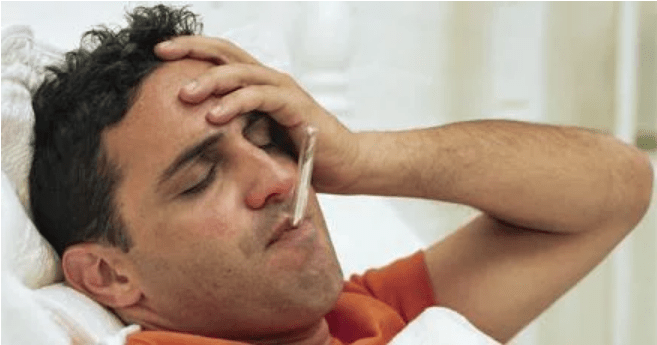Sèxually Transmitted Diseases That Have No Cure And Can Only Be Managed

Sèxually transmitted diseases (STDs), also known as sèxually transmitted infections (STIs), are a group of infections that are primarily transmitted through sèxual contact. While many STDs can be effectively treated and cured with proper medical intervention, there are some STDs that currently have no cure and can only be managed to control symptoms and reduce the risk of complications….CONTINUE READING
In this active article which is in accordance to healthline, we will delve into the details of these incurable STDs, exploring their transmission, symptoms, potential complications, and the methods used to manage and control their effects on individuals and public health.
Understanding Incurable STDs
Incurable STDs are infections caused by viruses for which there are no established cures. These viruses can remain in the body for the long term, and while medical interventions can help manage symptoms and reduce the risk of complications, the virus itself cannot be completely eradicated. This distinction between curable and incurable STDs highlights the importance of prevention through safe sèxual practices and regular testing.
Types of Incurable STDs
Human Immunodeficiency Virus (HIV):
Transmission: HIV is primarily transmitted through unprotected sèxual intercourse, sharing needles, and from mother to child during childbirth or breastfeeding.
Symptoms: Early HIV infection may cause flu-like symptoms, but many people do not show symptoms for years. As the immune system weakens, more severe symptoms and infections may occur.
Complications: If left untreated, HIV can progress to acquired immunodeficiency syndrome (AIDS), a condition where the immune system is severely compromised. This increases the risk of opportunistic infections and certain cancers.
Management: Antiretroviral therapy (ART) is the standard treatment for HIV. It can suppress viral replication, enhance immune function, and significantly improve the quality of life for those living with HIV.
Herpes Simplex Virus (HSV):
Transmission: HSV is transmitted through skin-to-skin contact, sexual contact. There are two types of HSV: HSV-1 (oral herpes) and HSV-2 (genital herpes).
Symptoms: HSV infections can cause painful sores or blisters on or around the genitals, mouth, or anus. Some individuals may experience flu-like symptoms during the initial outbreak.
Complications: While herpes sores can be managed, the virus remains in the body and can cause recurrent outbreaks. It can also increase the risk of acquiring other STDs.
Management: Antiviral medications can help manage symptoms, reduce the frequency and severity of outbreaks, and lower the risk of transmission to partners.
Human Papillomavirus (HPV):
Transmission: HPV is transmitted through skin-to-skin contact, sexual contact. It is the most common sèxually transmitted infection.
Symptoms: Many HPV infections do not cause symptoms, but some strains can lead to genital warts. Certain high-risk strains are associated with an increased risk of cervical, anal, and oral cancers.
Complications: Persistent infection with high-risk HPV strains can lead to cancer. Routine screening, such as Pap tests, can help detect precancerous changes early.
Management: There is no cure for HPV, but vaccines are available to protect against the most common cancer-causing strains. Regular screenings and follow-ups are crucial for early detection and management.
Prevention and Safe Practices
While these STDs may be incurable, there are effective prevention strategies and safe practices that individuals can adopt to reduce their risk of infection and transmission:
Safe Sèx: Consistently using condoms or dental dams during sèxual activity can significantly reduce the risk of transmitting and acquiring STDs.
Regular Testing: Regular testing for STDs, even if no symptoms are present, is crucial for early detection and management. Early intervention can improve health outcomes and prevent further transmission.
Vaccination: Vaccines are available for some STDs, such as HPV. These vaccines can protect against the most common cancer-causing strains and significantly reduce the risk of infection.
Communication: Open and honest communication with sèxual partners about STD history, testing, and safe practices is important for protecting oneself and others.
Limiting Sexual Partners: Reducing the number of sexual partners can lower the risk of exposure to STDs.
Psychosocial Impact and Support
Living with an incurable STD can have emotional and psychological effects on individuals. The stigma associated with these infections can lead to feelings of shame, isolation, and anxiety. Seeking emotional support from healthcare providers, support groups, or mental health professionals can be beneficial for managing the emotional aspects of living with an incurable STD.




